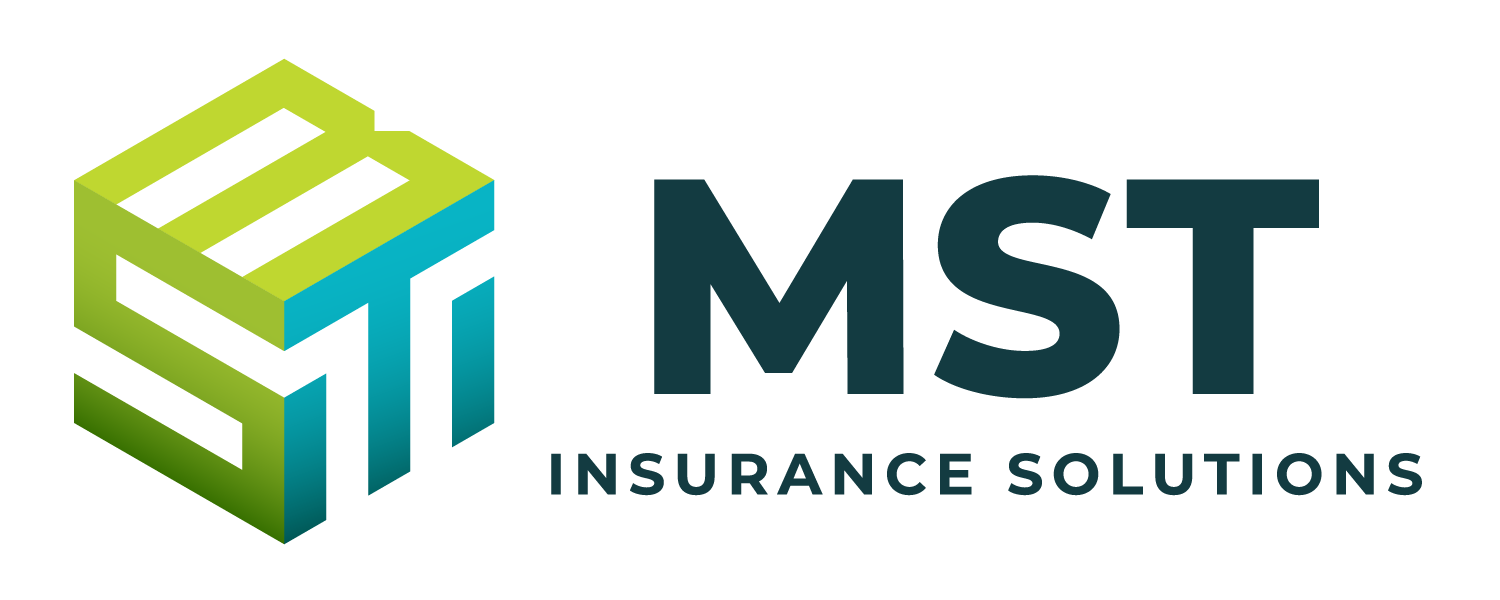Deluge Sprinkler System Considerations
The nature and severity of fire hazards within a commercial property can help determine what kind of sprinkler system is most suitable for the space. Most properties utilize either wet pipe sprinkler systems, which store water directly in their pipes for distribution during a fire, or dry pipe sprinkler systems, which hold pressurized air or nitrogen in their pipes that—once released—open a valve and allow water from the risers to be distributed.
However, in high-hazard environments, deluge sprinkler systems are essential. Such a system consists of nonpressurized, dry pipes and sprinkler heads that remain open at all times. This type of system is also directly connected to a dedicated water supply, which is stored behind a control valve—also called a deluge valve. Once a heat or smoke detector registers the presence of a fire, the system will activate by opening the deluge valve and allowing water to travel through the pipes. This water is then quickly dispersed in large volumes through the already opened sprinkler heads.
Deluge sprinkler systems are known to help accelerate water dispersal capabilities and expedite the fire suppression process. Yet, these systems also come with several ramifications to consider. Review this guidance for an outline of the advantages and disadvantages of deluge sprinkler systems.
Advantages of Deluge Sprinkler Systems
The primary advantage of a deluge system is that, due to the sprinkler heads being consistently kept open, it permits large quantities of water to be distributed all at once (as opposed to one sprinkler head at a time in other systems) throughout the affected property. This fire suppression technique, also known as the total flood method, increases the likelihood of the flames being mitigated before they are able to spread rapidly or grow at an uncontrollable rate. What’s more, these systems can often be equipped with different water additives (e.g., foam solutions) to further hasten the fire suppression process.
Deluge sprinkler systems are vital within many commercial properties that contain elevated fire hazards—such as the presence of highly flammable chemicals, explosives or combustible materials—and thus require advanced protection elements. Such properties may include:
- Chemical storage or processing facilities
- Oil extraction or production plants
- Aircraft hangars
- Wood-based manufacturing facilities
- Power plants
Lastly, it’s important to note that deluge sprinkler systems also offer similar benefits to that of dry pipe sprinkler systems, seeing as their pipes are devoid of water until system activation. This characteristic protects such systems from frozen or burst pipe concerns in the midst of frigid temperatures (unlike that of wet pipe sprinkler systems). With this in mind, deluge sprinkler systems can typically remain fully functional and reliable in colder, below-freezing environments as well.
Disadvantages of Deluge Sprinkler Systems
Despite the benefits of deluge sprinkler systems, these systems also come with a range of ramifications to keep in mind. First and foremost, such a system can often be more complicated to install than other sprinkler systems. This is because the unique features of a deluge sprinkler system entail extra property considerations.
Specifically, since these systems require a larger water supply, a water flow test must be conducted before system installation to determine whether an additional water tank or fire pump is necessary for operational success. If either of these elements are needed, the system installation process can become increasingly difficult (and costly).
Also, deluge sprinkler systems require properties to be equipped with adequate drainage features to protect against water damage or pipe corrosion in the event of system activation. Compounding concerns, any instances of accidental system discharge could carry widespread property damage due to the elevated volume of water within these systems.
Further, various components of deluge sprinkler systems require more diligent upkeep—in addition to National Fire Protection Association (NFPA) standards (namely, NFPA 25) regarding routine system inspections, testing and maintenance. In particular, the heat or smoke detector responsible for triggering system activation and the sprinkler heads themselves must be kept in optimal condition for a property to reap the full benefits of having such a system. Otherwise, the system could fail to activate or be less effective in dispersing large quantities of water during a fire.
Finally, deluge sprinkler systems carry various application limitations and modification restrictions. These systems are intended specifically for high-hazard environments and operations, and therefore may not be the best option for low-risk commercial properties. If any operational changes or building renovations require significant system adjustments, a deluge sprinkler system could be more challenging to modify.
Conclusion
Whether your commercial property already has a deluge sprinkler system in place or you are thinking about having such a system installed in the future, make sure you understand the unique aspects of these systems—as well as how to properly maintain them. Being adequately informed about your property’s sprinkler system and what’s necessary to keep it in good condition can make all the difference in mitigating costly losses from a fire at your establishment. For more risk management guidance, contact us today.
For a copy of this notice, click here: Risk Insights – Deluge Sprinkler System Considerations

